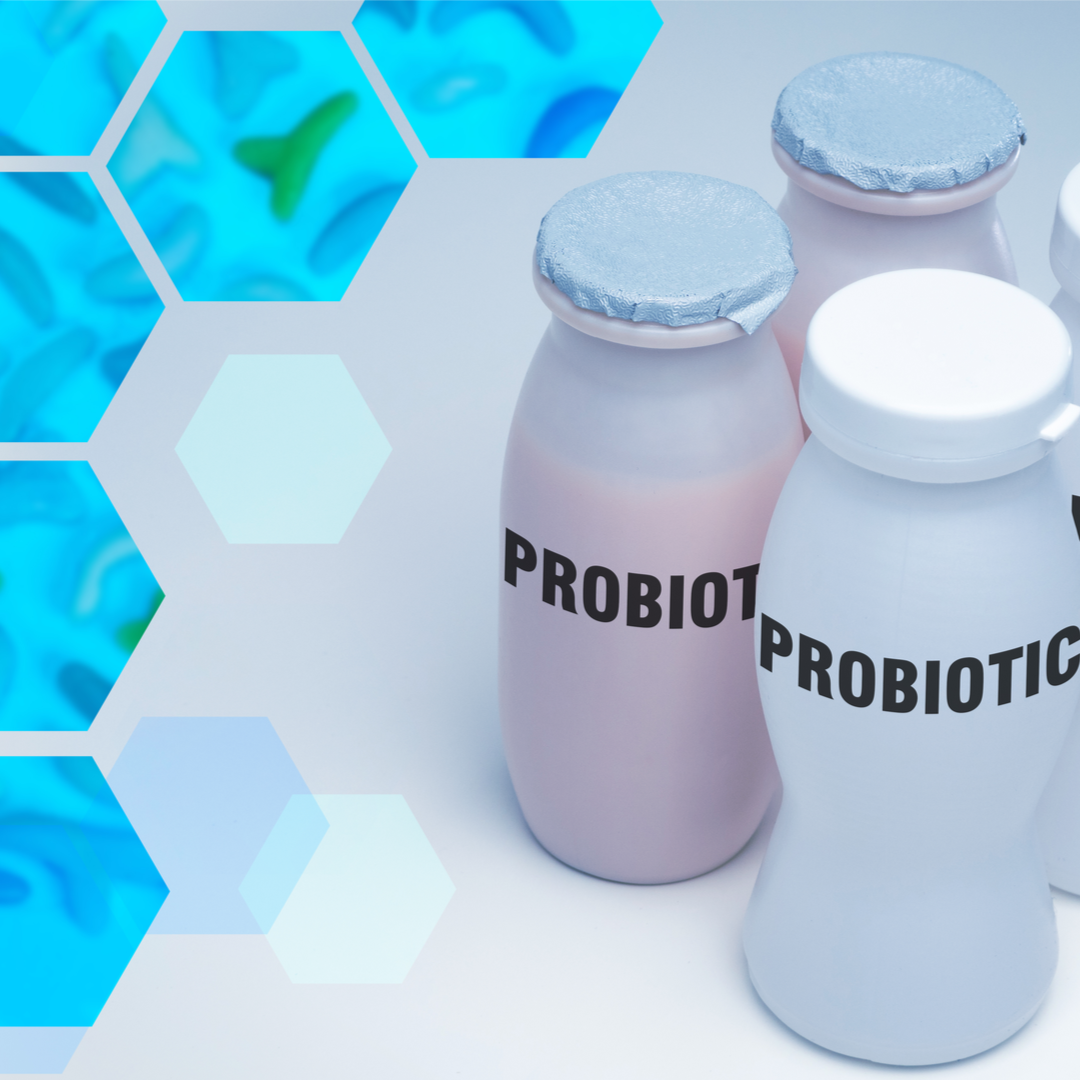Probiotics and Prebiotics: What you need to know?
In this blog we would dive deeper into what are probiotics and prebiotics and how we can improve gut microbiota.
What are probiotics?
Probiotics are formulations that contain healthy gut bacteria to replace or improve our digestive microorganisms. There are some strains of bacteria that are especially important in supporting various aspects of our physical and mental health.
Probiotics are “good” bacteria that:
- Aid in digestion
- Assist in nutrient absorption
- Support a healthy immune system by triggering antibodies that act as our main defenders.
- Support healthy energy levels
- Support mood and mental health
Probiotic killers:
Most Canadians don’t consume enough probiotics in their diet due to modern processed foods, soil depletion, and other environmental factors. On top of that, there are things that will kill off, or heavily burden our good bacteria. Some of the probiotic killers include:
- Prescription antibiotics
- Excessive sugar intake
- Emotional stress
- Exposure to toxins and pesticides
Prebiotics:
Prebiotics are special plant fibers that help healthy bacteria grow in your gut. Prebiotics act as “food” for probiotics which help to keep a healthy balance of bacteria in the digestive system. Prebiotic-containing foods often contain fibre and other nutrients.
Common prebiotics include:
- Fructo-oligosaccarides (FOS) or fructans and
- Galacto-oligosaccardes (GOS)
Inulin is one of the most commonly used types of FOS.
Tips For Taking Care Of Your Gut
- Eating a balanced and nutritious diet is the most important thing a person can do to keep their gut healthy. Feed the good bacteria that live in the gut what they like to help them grow. These foods are called prebiotics. Prebiotic foods are high in fiber and work best when they are raw.
- Eating probiotics can be tricky. The types and amounts of bacteria in probiotics vary, and when foods are heated the bacteria often die. Examples of probiotic foods are yogurt (the label should say live or active cultures), unpasteurized sauerkraut and kimchi, miso soup, kefir (a yogurt-like beverage), kombucha (fermented black tea), tempeh (made of soy beans), and apple cider vinegar (bit controversial, technically not enough bacteria to be called a probiotic as per some experts).
You can also get probiotic supplements to help grow good gut bacteria, but it is important to pick the right ones. Make sure the type of bacteria is listed on the bottle – Bifidobacterium and Lactobacillus are some of the most common and backed by evidence – and that the label says that the bacteria are live and there are billions of colony forming units (CFUs).
- Don’t base your diet on sugary, fried, or processed foods and soft drinks.
- Avoid taking antibiotics unless your doctor says they are absolutely necessary. Antibiotics kill bad bacteria, but also kill the good bacteria that keeps your gut working properly.
- If you have gut problems like an upset stomach or unusual bathroom habits that don’t go away it is important to see a doctor.
At Refine Naturals, we realize that not all natural health supplements are created equal. We concentrate our expertise in choosing quality and evidence backed medicinal as well as non-medicinal ingredients. We keep our labels and marketing practices compliant to advertising standards, so as to never mislead consumers in their decision making.
At Refine Naturals: We believe “You Deserve Better than FINE!”
References:
- Mussell, M, et al. Gastrointestinal symptoms in primary care: prevalence and association with depression and anxiety. (2008). Journal of Psychosomatic Research. 64(6): 605-612.
- Posserud I, Agerforz P, Ekman R, Björnsson ES, Abrahamsson H, Simrén M. Altered visceral perceptual and neuroendocrine response in patients with irritable bowel syndrome during mental stress. (2004). Gut. Aug 1;53(8):1102-8.




